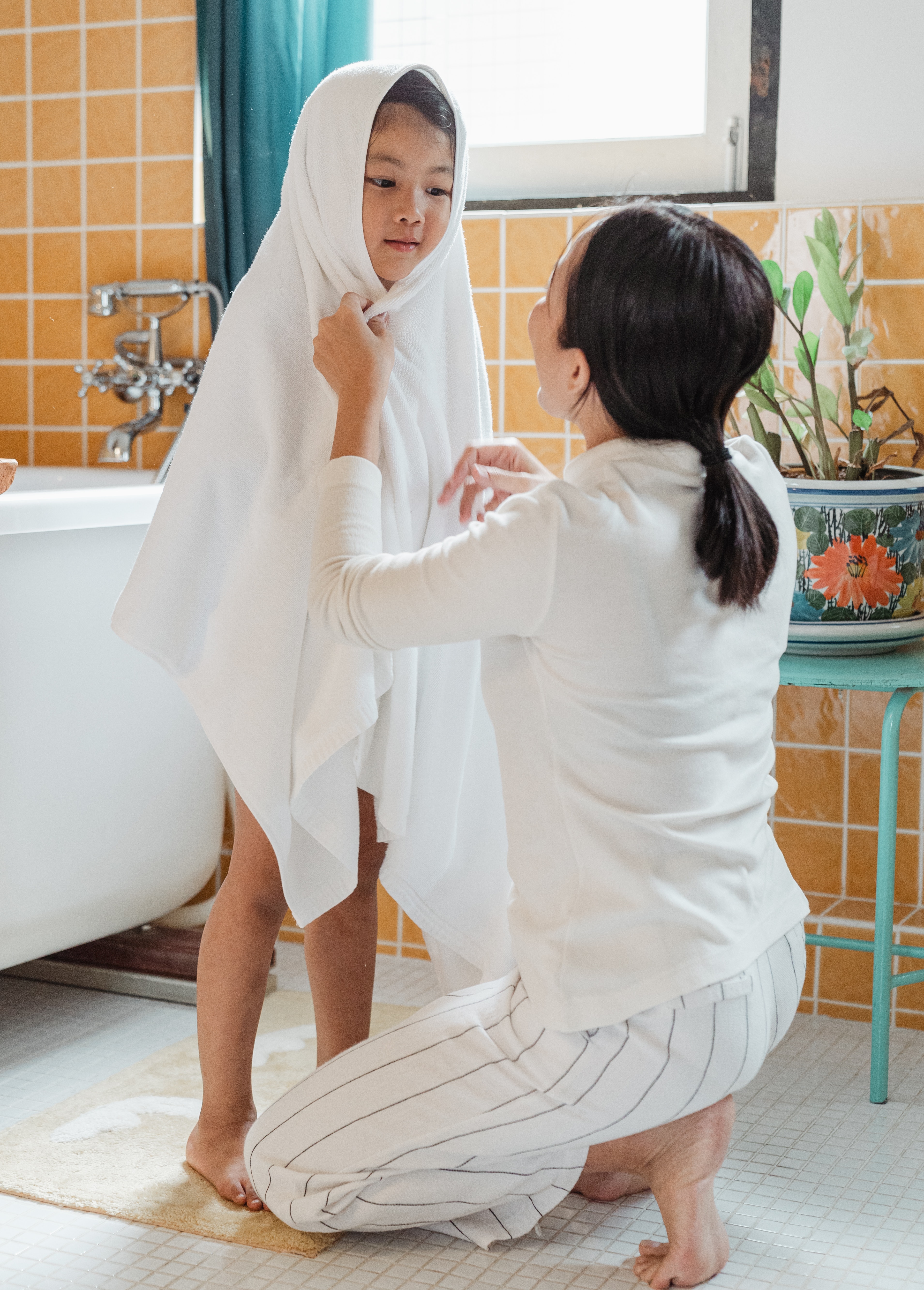Eczema can be frustrating, yet not everyone pays much attention to it. How many times have you heard friends and family say it's really not that big a deal? They might easily dismiss, but eczema can have a significant effect on people's lives.
It's a serious condition, especially in kids. And if your toddler is suffering and can't sleep comfortably, then you're going to have problems too. Unfortunately, whenever people talk about it, you often get different advice - is it just a clothing allergy or a food allergy? Try using steroids, or don't use steroids? The internet is full of contradictory advice, so you end up confused wondering what to do.
This article explains the condition in detail and guides you on how to treat atopic dermatitis in your child.
What is childhood eczema?
Childhood atopic dermatitis is a common condition where the skin of an infant gets itchy, red, irritated, bumpy, and dry. Though there are several types of the condition, atopic dermatitis is the most common.
Infants under one year usually get rashes on their forehead, scalp, or cheeks. However, the rash may spread to the elbows, knees, or trunk (but not typically the diaper area).
In older kids, the condition mostly affects the inside of the elbow and the back of the knee. However, those with severe atopic dermatitis may have symptoms over the whole body, which can be extremely uncomfortable.
Eczema comes with a lot of discomfort and negative effects. Apart from interfering with sleep in young ones, the scratching may even lead to an infection. Even worse, the skin develops sores from the infection, with blisters crusting and oozing. And if the kid scratches for weeks, the skin becomes leathery and very rough with darker spots.
How to relieve the symptoms
Though atopic dermatitis comes with a lot of discomforts, there are different ways to relieve the symptoms and ease the itchiness.
Try giving the child a bath every day for 5-10 minutes in clean lukewarm water. Use only gentle non-soap cleansers or a sensitive skin bar soap. Again, ensure the water is lukewarm as hot water will dry the skin further.
A simple bath is enough, so no bubble bath or loofahs. Also, avoid using a washcloth so you don't irritate the skin.
Pat the skin dry after the bath with a clean towel. Don't rub, only pat gently. Rubbing aggressively will only worsen the condition. Next, apply moisturizer or topical medicine as instructed while the skin is damp.
Dress the child gently in soft, comfortable clothes made from natural fabrics. Avoid any clothing that may lead to irritation or allergies, including cloth softeners that are not friendly to the child. Actually, you can do away with softeners completely if you are not sure of the best for your child's skin until they are completely healed.
For the moisturizers, go for non-scented ones to reduce the chances of irritation. You can visit your doctor for a prescription to get the perfect moisturizer for your kid. Avoid over-the-counter medication unless under prescription.
These days, you can try phototherapy at home, and many people find that it works wonders for their eczema, so it may be worth looking into that as a treatment option too.
Keep your child in a clean environment. This also includes the clothes they are wearing, so change them often enough.
Keep your child in a clean environment. This also includes the clothes they are wearing, so change them often enough.
In addition, watch out for environmental triggers like cat and dog dander, tree pollen, or dust mites as they may worsen the condition. Some hints include:
- Maintaining a comfortable indoor temperature as sweating may lead to itching
- Avoiding pets, fuzzy toys, or stuffed animals as much as possible
- Use a mist humidifier when humidity is low
- Reduce exposure to extreme heat that may lead to sweating
- Avoid any harsh material that may lead to itchiness (such as wool and non-breathable
fabric)
- Cover the skin with cotton clothing (pants and long sleeves whenever possible)
Bottom line
Atopic dermatitis is a serious condition, yet it remains dismissible. It causes a lot of discomfort, especially in kids who don't know what is happening to them. It's up to you as a parent to watch for ways of relieving the discomfort and ensuring the condition does not worsen further, which might involve seeking the expertise of a Singapore dermatologist.







No comments
Thank you for dropping by! I would love to hear what you thought. :)
Thanks!
♥,
Diana